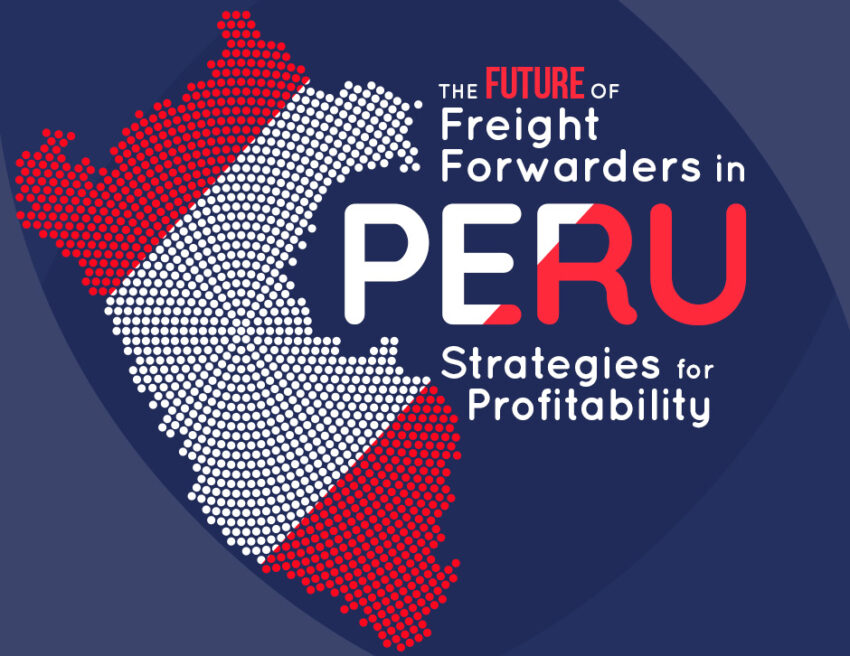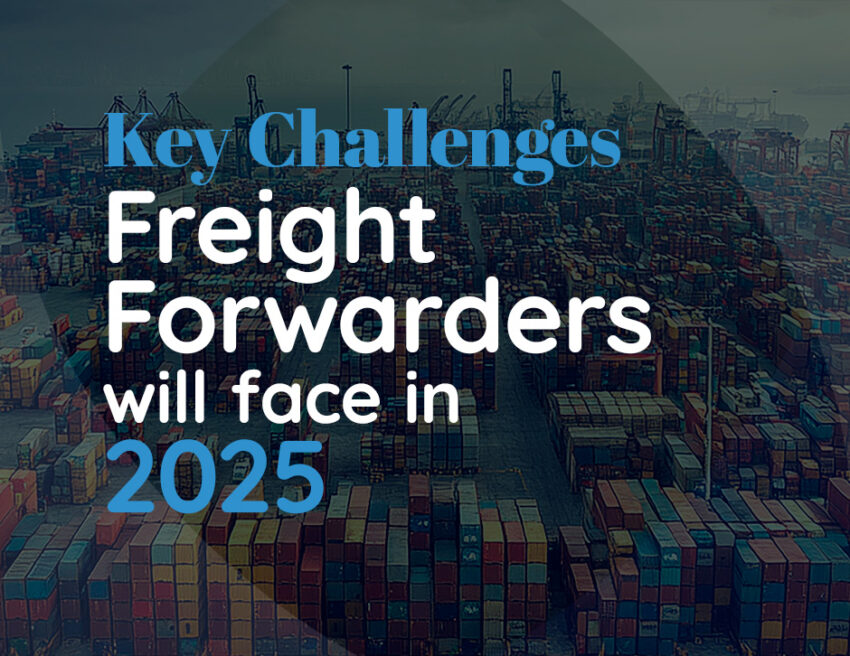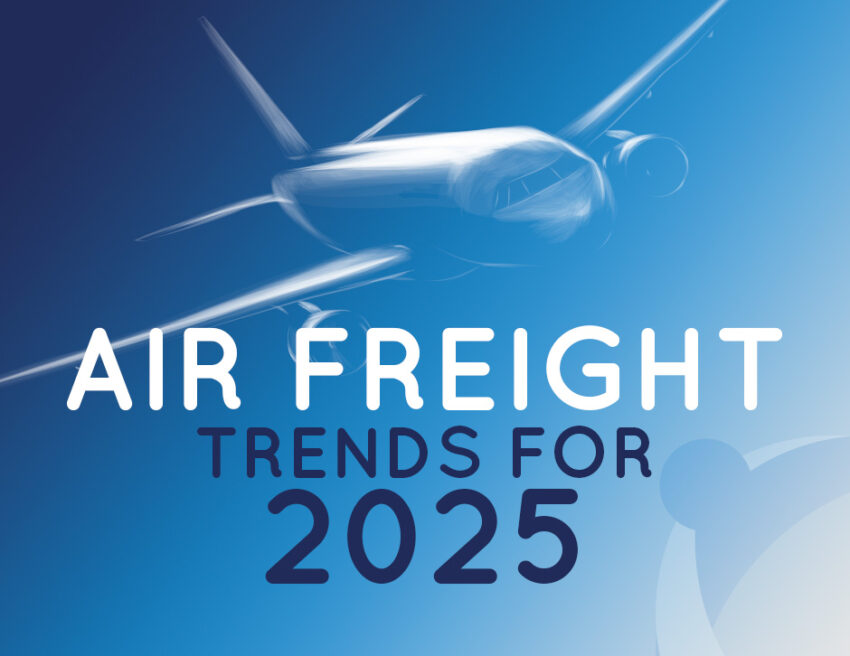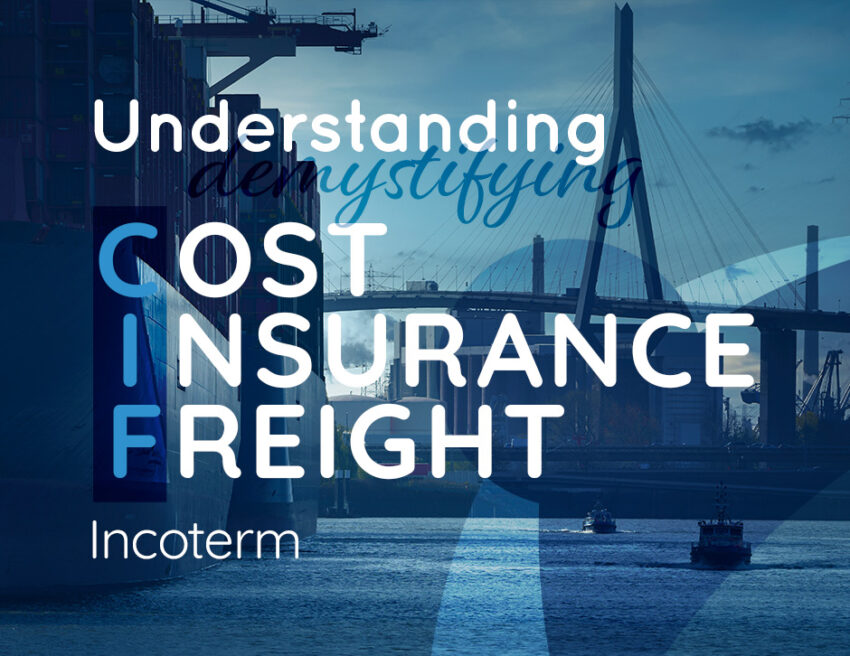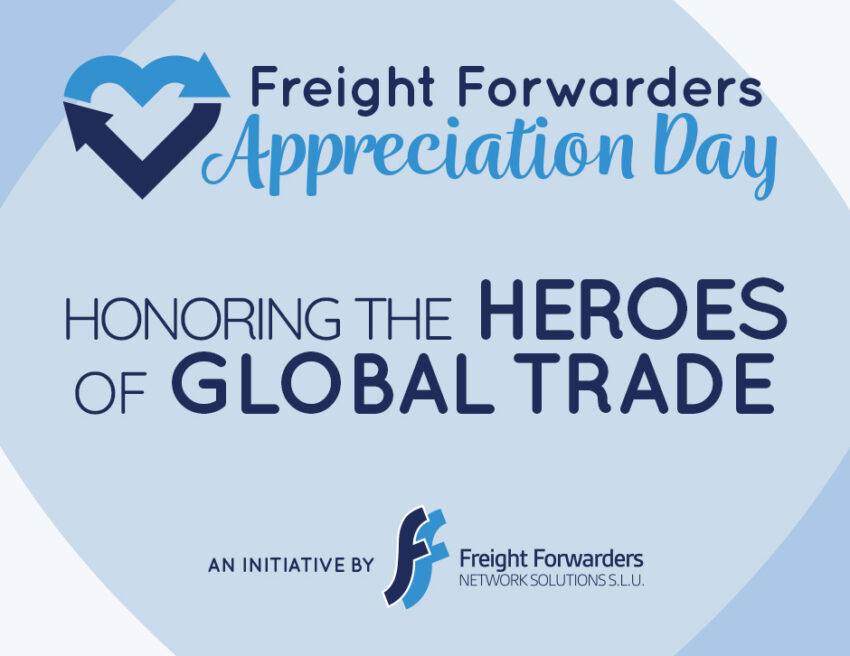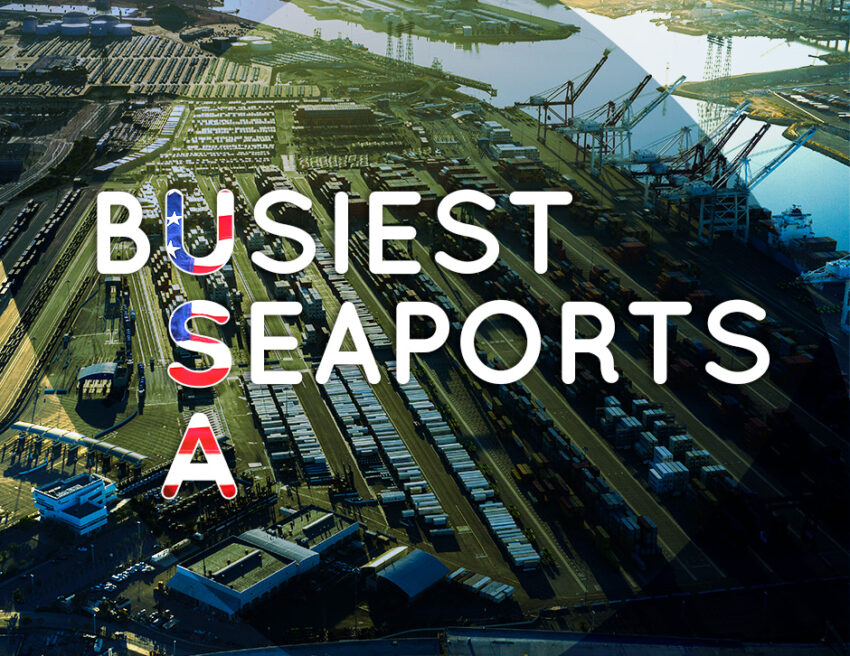As the logistics industry continues to evolve, establishing strong partnerships is crucial for the growth and sustainability of independent freight forwarders. One of the most effective ways to strengthen these partnerships is by embracing new members within a global logistics network. As a member of Conqueror one of the best logistics networks globally, you have…
The Future of Freight Forwarders in Peru and Strategies for Profitability
Nestled in the heart of South America, Peru has emerged as a vital player in the global trade and logistics landscape. Its strategic location, bordering the Pacific Ocean, provides a gateway to key international markets in Asia, North America, and beyond. As global trade continues to expand, Peru’s role as a logistics hub has grown…
Key Challenges Freight Forwarders Will Face in 2025
As the logistics landscape continues to evolve at a breakneck pace, freight forwarders find themselves at the epicenter of global trade’s complexities. The year 2025 promises both unprecedented opportunities and formidable challenges for those steering the world’s supply chains. With emerging technologies, regulatory changes, and economic uncertainties shaping the future, freight forwarders must remain agile…
Why Conqueror Freight Network’s 11th Annual Meeting Is a Must-Attend Event
The logistics industry thrives on collaboration, trust, and meaningful relationships. For independent freight forwarders, finding the right partners to navigate today’s challenges can make all the difference. That’s where Conqueror Freight Network comes in—connecting reliable, like-minded forwarders worldwide and offering opportunities to grow together. This sense of community will take center stage at Conqueror’s highly…
Air Freight Shipping Trends for 2025
Have you ever stopped to wonder how that must-have gadget or fresh flowers made it to your doorstep so quickly? Spoiler alert: they probably hitched a ride on a plane. The air freight industry might not grab as many headlines as passenger travel, but it’s the quiet powerhouse keeping global commerce humming. As 2025 takes…
Demystifying CIF Incoterm: Understanding Cost, Insurance, and Freight in Global Trade
When it comes to international trade, the right choice of Incoterms can make or break your logistics strategy. Among the most commonly used Incoterms is CIF (Cost, Insurance, and Freight), a term that plays a vital role in global commerce. Whether you’re a seasoned freight forwarder or new to international business, understanding CIF can help…
Green Logistics: How Freight Forwarders Can Lead the Charge Towards Sustainable Transport
It’s no secret that the logistics industry has a significant environmental footprint. According to the International Transport Forum, freight transport accounts for about 7% of global CO2 emissions—a figure expected to skyrocket by 2050 if nothing changes. As freight forwarders, we’re at the heart of this challenge, managing supply chains and transport across continents. But…
Black Friday Frenzy: How Freight Forwarders Can Excel with Conqueror Freight Network’s Exclusive Deal
Black Friday, the global shopping bonanza, isn’t just a date circled on consumers’ calendars—it’s a monumental event for the entire supply chain. As retail sales skyrocket and warehouses buzz with activity, freight forwarders are at the heart of ensuring that the logistical engine runs smoothly. For many, it’s a high-pressure season that demands efficiency, precision,…
Freight Forwarders Appreciation Day: Honoring the Heroes of Global Trade
Every item on a store shelf, every component in a factory, and every parcel on your doorstep relies on a global freight forwarders network to get there. Freight forwarders are the problem solvers who make sure goods reach their destinations on time, no matter the obstacles. Their efforts drive the invisible engine of global trade—but…
Exploring America’s Busiest Seaports: A Dive into the Busiest Ports in the USA
For many of us, the journey of a product begins on store shelves or in delivery trucks. But before they reach our hands, nearly every item—whether it’s electronics, fresh produce, or the clothes we wear—has likely passed through one of America’s bustling seaports. These busiest ports in the USA form the backbone of U.S. commerce,…



